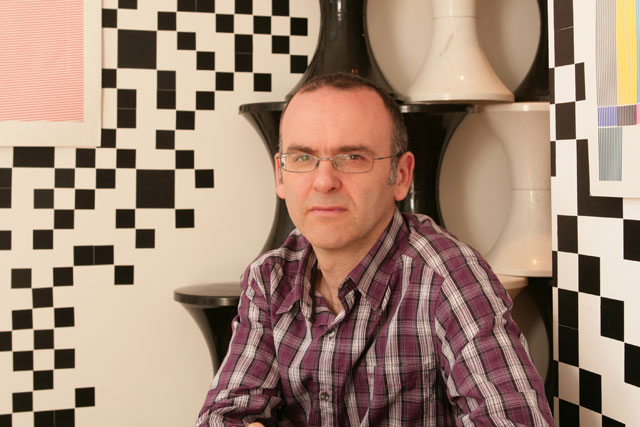To which my first thoughts were: "That's what we do, isn't it?" At least, I hope it is. But, even now, it's strange that the advertising industry still feels the need to demarcate "innovation", via special job titles and departments, rather than recognising that it's the day job.
This has never been more true than today. If you're in the business of building brands in the digital age, then you have to put innovation at the heart of your thinking. In the digital age, brands cannot stand still. Yes, they must be clear about what they stand for, but they must also behave dynamically to continually engage consumers.
Indeed, it is behaviour - not communication - that defines them. A thirst for innovation - consistent, ongoing innovation - is what drives this behaviour. The brands that we all admire - the Apples, the Nikes, the Red Bulls and the Starbucks - understand this and exhibit all of the traits that modern brands should aspire to. While the occasional "write the future" TV ad doesn't hurt, what we feel for these brands is not the result of any one grand statement but of a combination of diverse, often innovative experiences.
Of course, the fact remains that these brands are exceptions. It's the job of brand-building agencies to develop more such success stories - but it's impossible to drive innovative brand behaviour if we are still structured around the development of advertising and if our main marketing tool is a TV reel. The challenge to agencies, therefore, is clear: how can we put innovation at the heart of our own cultures, of our own brands?
The truth is that agencies themselves have stood still for too long. Now, all of a sudden, every agency is trying to reinvent itself. All claim to have long understood digital. All claim to deal in ideas that aren't rooted in specific media channels. All claim to be vital business partners. For the proof that they haven't and aren't, I refer you to the second paragraph, above.
But at least most of us are trying to adapt, trying to change. And it's a process that isn't about to stop. Being prepared to innovate means adopting a state of permanent change-readiness. It means embracing change and the challenge of the new as day-to-day norms. We're fond of saying that consumers today are "always on". The job of communicating to them, in other words, is never done. Neither is the job of making your agency fit for purpose.
John Owen is the deputy chairman of Dare


